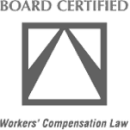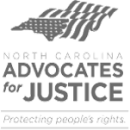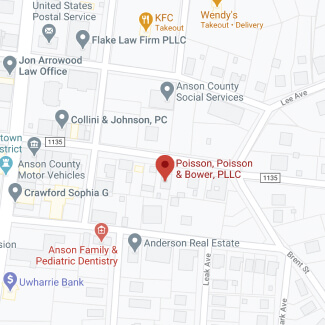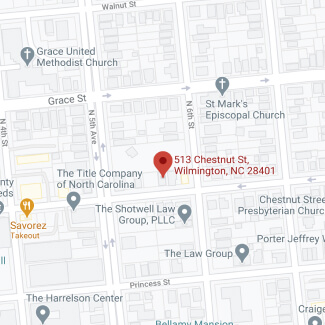
Car crashes are one of the most common causes of accidental death in North Carolina and nationwide. What makes these incidents even more tragic is that nearly half of all fatal crashes involve driver error. Speeding, distracted driving, impaired driving, tailgating, road rage, and other driver-related factors are all entirely preventable causes of deadly crashes.
Tips to Reduce Car Accident Fatalities as Individuals
There are some individual steps you can take to reduce car accident fatalities in North Carolina. For example, you might enroll in a defensive driving course or driver education program to learn more about protecting yourself behind the wheel. Some other safe driving habits to save lives include:
- Drive at a safe speed – According to the North Carolina Department of Transportation, 23 percent of all traffic deaths in one recent year were speed-related. Following posted speed limits and adjusting your speed for road conditions reduces the chance of severe injuries and helps you maintain control while driving.
- Put your cell phones away – Distracted driving is another major factor in fatal car accidents. Put your mobile phone away and eliminate as many distractions as possible while driving so you can focus on the road and prevent collisions.
- Use a designated driver – Despite decades of public awareness campaigns, drunk and drug-impaired driving remains one of the most common causes of fatal crashes. Never drive after drinking or using drugs.
- Maintain a safe following distance – Driving too close behind other vehicles gives you less room to slow down and maneuver in an emergency. Maintaining a safe following distance protects you and others from severe injury or death in a crash.
- Don’t drive when you’re tired – Drowsy driving accidents have become much more common in recent years as more people work night jobs or unusual shifts. You must be focused and alert while driving, so get plenty of rest before driving.
What to Do on a Community, City, and State Level to Reduce Road Fatalities
While individual steps can reduce your risk of dying in a crash, only by acting collectively can we make the roads safe for everyone. Some things city, state, and federal officials can do to improve road safety and reduce traffic fatalities include:
- Improve road design – Improving road sign design can make signs more visible and alert drivers to potential hazards, particularly children, pedestrians, and cyclists. Adding more crosswalks, speed bumps, and other traffic-calming measures can reduce drivers’ speed and better protect cyclists and pedestrians from potentially fatal crashes.
- Promote more public information campaigns – Many drivers still underestimate the dangers of speeding and other driving hazards. More public information campaigns can educate drivers about these dangers and help them protect everyone on the road. Defensive driving courses and driver education programs can also make our roads safer.
- Enact harsher penalties for traffic offenses – Officials should implement harsher penalties for traffic offenses, particularly at the city and local levels. Aggressive driving behavior kills thousands of people every year, and drivers rarely face severe consequences for their actions. Stronger penalties for drunk driving are a particular area of concern, as drunk driving is a factor in many fatal collisions. For example, about 22 percent of North Carolina traffic deaths in one recent year involved impaired drivers.
Talk to Our North Carolina Car Accident Lawyers Today
If you suffered injuries in a North Carolina car accident, trust the law firm of Poisson, Poisson & Bower, PLLC, to protect your rights and help you fight for fair compensation. Call us today at (888) 305-4346 or complete our contact form for a free consultation about your legal options after a car accident.

 Calls are answered 24/7
Calls are answered 24/7








